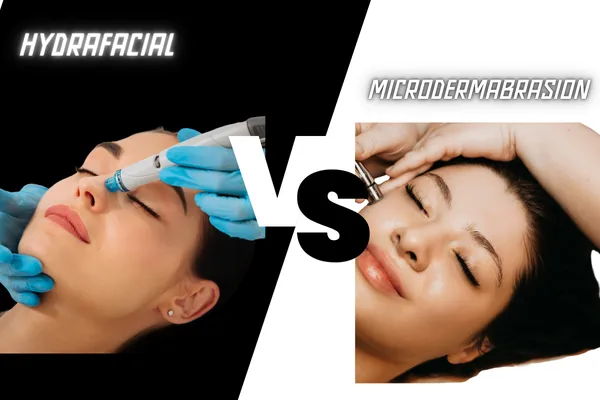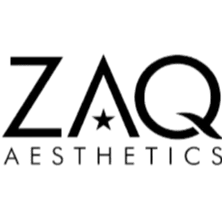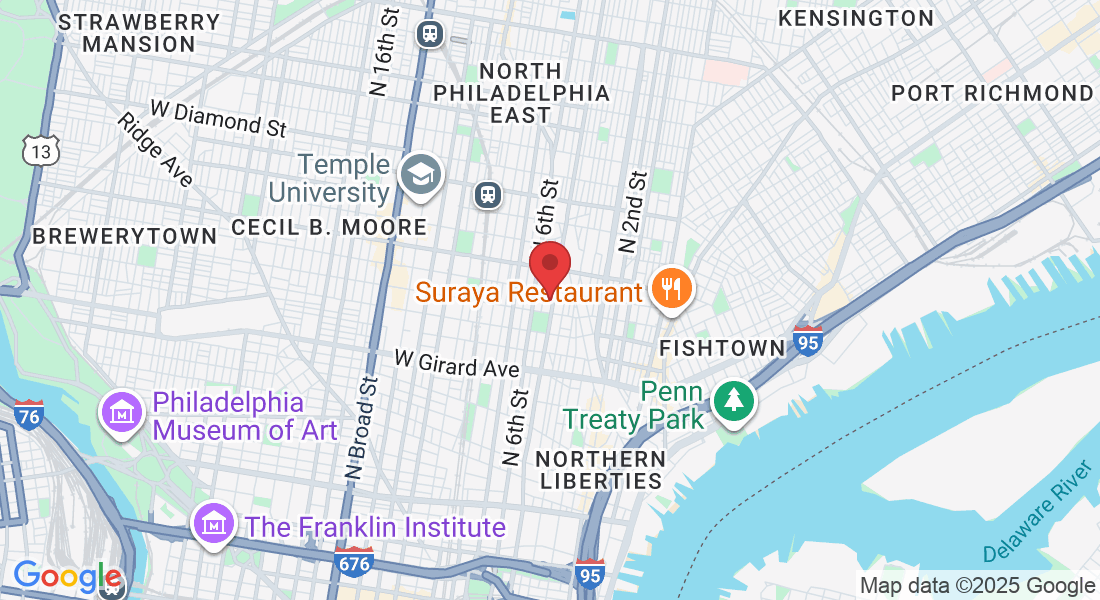
HydraFacial vs. Microdermabrasion: Which is Better?
HydraFacial vs. Microdermabrasion: Which is Better?
When it comes to achieving smooth, radiant skin, both HydraFacial and microdermabrasion are popular treatments. However, understanding their differences and benefits can help you decide which one is best suited for your skin needs. In this article, we will compare HydraFacial and microdermabrasion, highlighting their advantages and disadvantages, and exploring which treatment might be better for you.
Which is Better, HydraFacial or Microdermabrasion?
HydraFacial and microdermabrasion are both effective treatments, but they work in different ways and offer unique benefits.
HydraFacial: This treatment involves a multi-step process that cleanses, exfoliates, extracts impurities, and hydrates the skin using a specialized device. The HydraFacial also infuses serums tailored to your skin's needs, providing a comprehensive skincare experience. It is known for its gentle yet effective approach, making it suitable for all skin types, including sensitive skin. One of the standout features of the HydraFacial is its ability to deliver instant, noticeable results without downtime.
Microdermabrasion: This treatment uses a device to spray fine crystals or a diamond-tipped wand to exfoliate the outer layer of dead skin cells. It is effective in reducing the appearance of fine lines, acne scars, and improving overall skin texture. Microdermabrasion can be slightly more abrasive than HydraFacial, making it a better choice for those with thicker, more resilient skin.
Ultimately, the choice between HydraFacial and microdermabrasion depends on your skin type and specific concerns. For a gentler, more hydrating treatment, HydraFacial is often the preferred option. For deeper exfoliation and skin texture improvement, microdermabrasion might be more suitable.
What is the Disadvantage of HydraFacial?
While HydraFacial is a popular and effective treatment, it does have some potential disadvantages:
Cost: HydraFacial treatments can be more expensive than traditional facials or microdermabrasion due to the advanced technology and specialized serums used.
Frequency: To maintain optimal results, HydraFacial treatments may need to be repeated regularly, which can add to the overall cost.
Mild Irritation: Some individuals may experience mild redness or irritation immediately after the treatment, although this typically subsides quickly.
Despite these disadvantages, the benefits of HydraFacial often outweigh the drawbacks for many individuals seeking a comprehensive skincare solution.
What is the Difference Between Hydrodermabrasion and Microdermabrasion?
Hydrodermabrasion and microdermabrasion are both exfoliating treatments, but they differ in their methods and effects:
Hydrodermabrasion: This treatment combines water and oxygen to exfoliate the skin, often using a serum-infused device. It is gentler than traditional microdermabrasion and provides hydration along with exfoliation. Hydrodermabrasion is suitable for all skin types, including sensitive skin, and offers the added benefit of serum infusion for enhanced results.
Microdermabrasion: This treatment uses either fine crystals or a diamond-tipped wand to mechanically exfoliate the outer layer of the skin. It is more abrasive than hydrodermabrasion and can provide deeper exfoliation. Microdermabrasion is effective for treating thicker skin, acne scars, and improving skin texture but may not be suitable for sensitive skin.
In summary, hydrodermabrasion (similar to HydraFacial) is a gentler, more hydrating treatment compared to the more abrasive microdermabrasion, making it a better choice for those with sensitive skin or looking for a more comprehensive skincare treatment.
What is Better than HydraFacial?
While HydraFacial is highly effective, there are other advanced treatments that might offer even better results depending on your skin concerns:
Laser Therapy: Treatments such as fractional laser or IPL (intense pulsed light) can address deeper skin issues like pigmentation, fine lines, and acne scars more effectively than HydraFacial.
Chemical Peels: For those looking for deeper exfoliation and rejuvenation, chemical peels can provide more dramatic results by removing multiple layers of dead skin cells.
Microneedling: Treatments like the SkinPen can stimulate collagen production and improve skin texture, offering benefits that go beyond what HydraFacial can achieve.
However, it's essential to consult with a skincare professional to determine the best treatment for your specific skin concerns. Each treatment has its own set of benefits and potential drawbacks, and a personalized approach is always recommended.
Conclusion
Both HydraFacial and microdermabrasion are excellent options for improving skin texture and appearance. While HydraFacial offers a gentler, more hydrating treatment suitable for all skin types, microdermabrasion provides deeper exfoliation for thicker skin. Understanding the differences and potential disadvantages of each treatment can help you make an informed decision. For those seeking even more advanced results, exploring options like laser therapy, chemical peels, or microneedling might be beneficial. Always consult with a skincare professional to find the best treatment for your unique skin needs.
Located At:
Call: (267) 408-9382
Address: 1516 N 5th St, Philadelphia, PA, USA
Click the map for directions
Copyright © 2023 ZAQ Aesthetics

